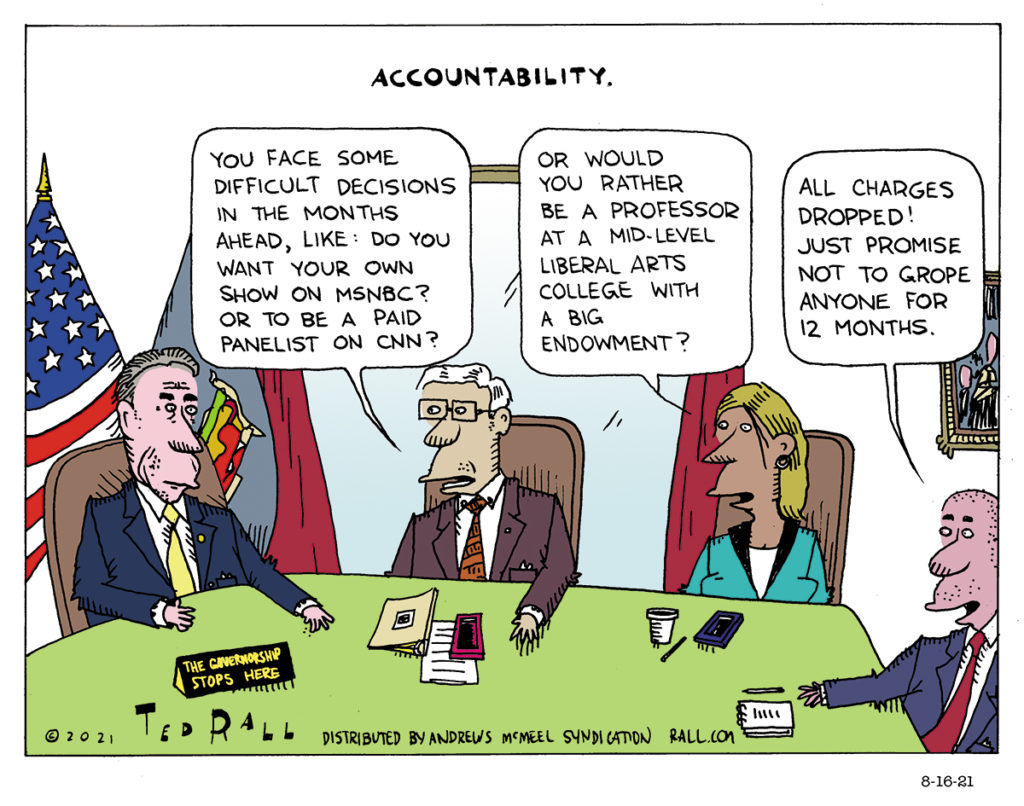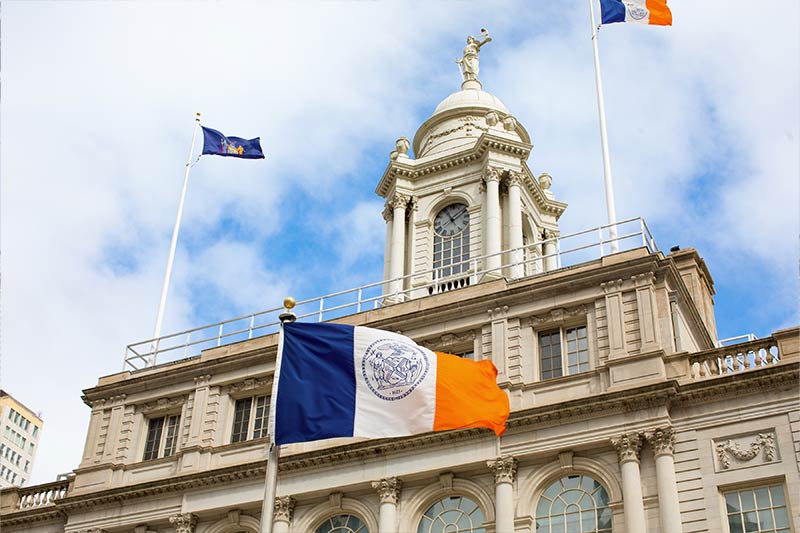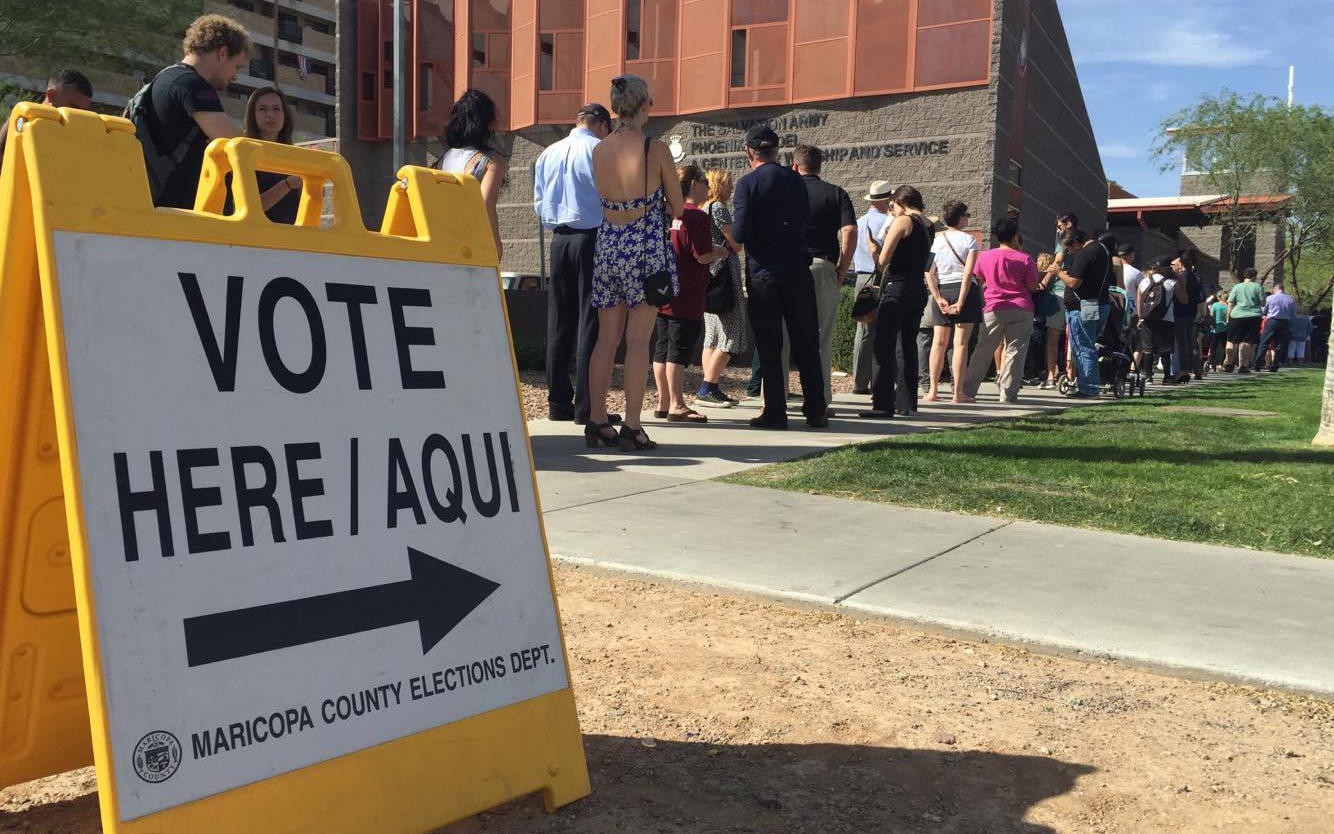
Only God and Kevin McCarthy know how long George Santos, the disgraced Republican freshman congressman from Long Island whose antipathy for the truth stands out even by politician standards, will be able to remain in office. If and when he is forced to step down, say, after an explanation for his mysteriously improving financial status finally surfaces, I do know how his seat will be filled.
And it’s totally unfair.
There’ll be a special election. But Robert Zimmerman, the Democrat defeated by Santos in November, won’t even be guaranteed a second shot. Party bosses will pick the two candidates—of whom Zimmerman may or may not be one—like it’s 1880.
Zimmerman was cheated. The “George Santos” who beat Zimmerman wasn’t a real person or a real candidate. The voters didn’t have the information they needed to choose their congressman. They were bedazzled by a fraud, seduced by a chimera. At bare minimum, Zimmerman ought to be guaranteed the Democratic nomination in a special election.
But even that wouldn’t be fair to Zimmerman. Why should he have to campaign all over again?
Nor would it be fair to the taxpayers. Each special election costs millions of dollars. Each brings a fresh round of annoying attack ads. And each one requires thousands of voters to cast new ballots. For the sake of simplicity and common sense, let’s be done with it. We already have a winner: Robert Zimmerman.
Even after the first-place winner gets disqualified for cheating, second-place finishers in politics are doomed to also-ran status. The most famous example of this type of injustice was the outrage, well-known yet rarely reconsidered, vested upon Senator George McGovern.
There is no question that President Richard Nixon cheated in 1972. Nixon’s goons broke into Democratic National Headquarters to steal McGovern’s secret campaign strategies. They burglarized VP candidate Thomas Eagleton’s psychiatrist’s office and leaked his patient records, forcing McGovern to replace his running mate mid-campaign. McGovern might have lost to Nixon anyway. But he never stood a chance after the Eagleton affair.
Three years later, the country knew Nixon was a crook and a big one at that. The Watergate break-in triggered a series of revelations and scandals that forced Nixon to quit. Justice!
But not really. In most cases, when one contestant cheats his fellow contestant and wins, fairness requires the winner to be stripped of his ill-gotten victory and the person he screwed over to be given the prize instead. Not in politics. Nixon slunk off to rebuild his reputation as an elder statesman. What of McGovern? He got nothing. Dead now, McGovern is still ridiculed for losing to Nixon in a record landslide—a landslide Nixon stole.
To add insult to historical injury, Nixon was never held to account for Watergate. He was allowed to appoint his own successor, fellow Republican Gerald Ford, who then pardoned him and continued many of his policies. Following Nixon’s resignation, fairness would have required McGovern to receive the office he was cheated out of in 1972, for a full four-year term followed by the chance to run for reelection.
Constitutional succession should make an exception for political office holders impeached or forced to resign as the result of a scandal. If former New York Governor Andrew Cuomo had been forced to quit due to, say, poor health or had died in office, automatic constitutional succession by his lieutenant governor, Kathy Hochul, would have been proper. Instead, Cuomo quit after being accused of serial sexual harassment. Under these sordid circumstances, allowing his Democratic Party to retain Cuomo’s seat, and his chosen successor to run for “reelection” with the advantages of incumbency, failed to punish his sleazy behavior or his enabling party. Marc Molinaro, his 2018 Republican opponent and the second-largest receiver of votes, ought to have replaced Cuomo for four years.
The same error occurs in other professions.
Milli Vanilli lost its 1990 Best New Artist award for lip syncing. The Grammys never bothered to make it up to any of the runner-ups (Neneh Cherry, Indigo Girls, Tone Lōc and Soul II Soul), all of whom were objectively more talented and important than the shamed winner.
There are no official Tour de France winners listed for the seven consecutive years between 1999 and 2005 when Lance Armstrong won. Armstrong, of course, was subsequently stripped of his title due to doping. The Spanish cyclist Joseba Beloki, the only runner-up during Armstrong’s run not to have been found guilty of using performance-enhancing drugs, deserved to be awarded the yellow jersey he was denied in 2002. Instead, Beloki is wrongly consigned to obscurity.
It is as though once a runner-up, always a runner-up. However, the fact that the person who “beat” you did it by breaking the rules is not—or should not be—a mere footnote.
If a gold medalist breaks the rules, the silver medalist receives the gold they were cheated out of. That’s how it works in the Olympics, and that’s how it should work in politics and everywhere else.
(Ted Rall (Twitter: @tedrall), the political cartoonist, columnist and graphic novelist, co-hosts the left-vs-right DMZ America podcast with fellow cartoonist Scott Stantis. You can support Ted’s hard-hitting political cartoons and columns and see his work first by sponsoring his work on Patreon.)



